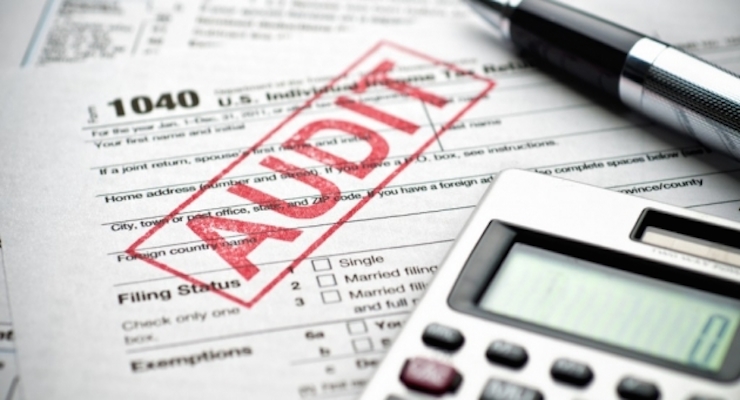Everyone can remember that first small business venture, whether it was running a lemonade stand for thirsty neighbors or making deliveries for the local newspaper. Your business sense became sharper as you got older, leading to bigger opportunities and more challenges. Among those challenges include paying business tax, a source of misery for many fiscally-challenged entrepreneurs today. The following are some common tax mistakes small business owners can avoid to ensure a stress-free tax season.
Not Keeping Accurate Records
Keep accurate business records. Document all transactions and keep them on file in a computer or a folder. This is important for when you have to file a sales and withholding tax form. These forms assess all business transactions made within a given tax period to determine the amount owed, if any, to the government.
Not Keeping All Receipts
Keep all receipts of any expense necessary to operate your business. Gas, clothes, business lunches, and even paperclips are examples of expenses that can be written off at tax time to significantly reduce a potentially large debt. It is important to make everything count, because you are the one who is going to benefit.
Not Filing Online
Business owners now have an opportunity to file online. According to Orlando criminal defense attorneys who work with tax evasion cases, business owners can locate their state’s online filing address on their retail merchant certificate. By filing online, you can view your tax records at any time, wait to the very last minute to file, and save a lot of money and time associated with monthly mailed returns.
Not Applying Correct State-Enforced Sales Tax
Each state has a law regarding sales tax. This is the percentage of the sale price that business owners should attach to the cost of a product. Make sure this amount is right because it will come out of your pocket at filing time if there is an error.
Not Paying Off Tax Debts
This mistake can lead to many disastrous consequences. Aside from a potential audit, business owners who refuse to pay past tax debts are in danger of eventually having their bank accounts frozen or a lien being placed on their property by the government.
Not Renewing The Retail Merchant Certificate
Owners must renew this certificate every two years in most states to continue their business. Have this certificate ready at all times to avoid fines and other legal hassles.
By avoiding these mistakes, you can be proactive instead of reactive and avoid an unnecessary hassle in the long run.
Emma Sturgis is a freelance writer living in Boston. She writes on a variety of things, most often real estate and education. When not writing, she enjoys reading, rock climbing, and film noir. Twitter: @emmasturgis2

















